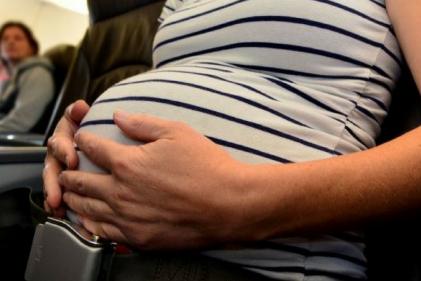
The Equality Authority has developed a guide which sets out the main elements of the Maternity Protection Act 1994.
The Maternity Protection Acts give a pregnant employee the right to:
- 26 weeks’ paid maternity leave (you may be entitled to a social protection payment or your employer might continue to pay you)
- 16 weeks’ additional unpaid maternity leave
- time off for antenatal and post-natal care (medical appointments)
- time off for antenatal classes (one set of classes other than the last three classes
- health and safety leave
- father’s leave if the mother dies
- time off from work or reduced working hours to allow breastfeeding
- protection of certain employment rights
- the right to return to work after taking the leaveprotection against dismissal
- a mechanism for resolving disputes and appeals about entitlements under the Act
- stop additional maternity leave with the employers agreement if the mother becomes sick
- delay maternity leave if the baby has to be hospitalised.
A father is entitled to the remainder of the maternity leave if the child’s mother dies giving birth or while on maternity leave. In these circumstances and at the discretion of the employer, the father is also permitted to delay the leave if the baby has to be hospitalised or to end the leave if he himself becomes sick.
In the event of a mother’s death while on maternity leave the father is entitled to leave. An employer cannot deny this entitlement and they cannot postpone the taking of this leave.
Who is covered by the Act?
Anyone employed under a ‘contract’ of employment is covered by the Act. This includes:
- anyone employed under a contract of service
- apprentices and employment agency workers
- employees in a broad range of public and private sectors such as members of the Garda Síochána, civil servants, local authorities and Health Service Executive employees
- employees on probation, temporary employees and part-time employees.
For more information click here.



